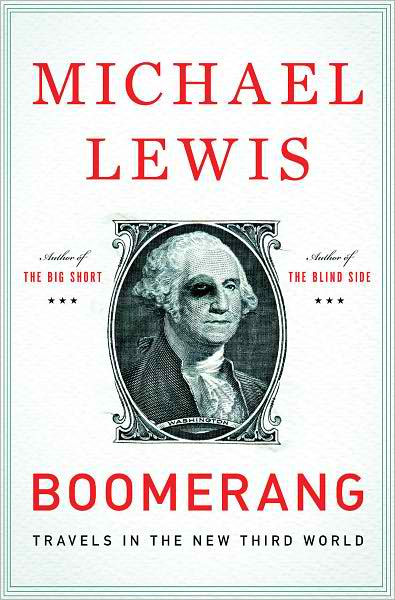SecondMarket & the Tech Bubble
There was a fantastic column the other day on Reuters written by Felix Simon titled, Facebook’s SecondMarket Puppets. The column points out how investors that put their money in Facebook using SecondMarket while Facebook was private have actually lost money since the company went public. This is interesting – and scary – for companies with upcoming IPOs that are allowing their illiquid shares to be traded on a secondary exchange. In theory, the value of SecondMarket was that you could get in on a hot company pre-IPO and make big bucks if/when they went public. But it seems that this isn’t a guarantee. Simon’s key insight is this:
…it’s increasingly looking as though shares in private tech-companies are a bit like fine art prices: a place for the rich to spend money and feel great about owning something very few other people can have. The minute they become public and democratic, they lose a lot of their cachet. And a lot of their value.
The level of hype propping up the valuations of some of the hot private and public internet companies is enough to keep me far away from these securities...and SecondMarket.
